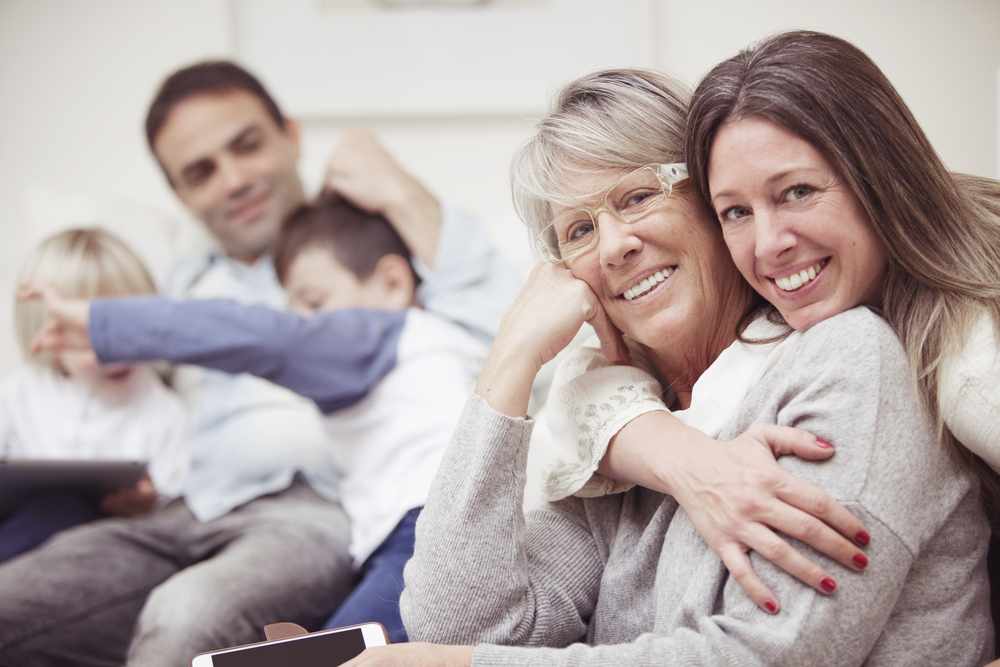-
Cancer
Living With Cancer: Reconnecting with loved ones after treatment

Cancer survivors: Reconnecting with loved ones after treatment
As a cancer survivor, your friends and family can provide an important circle of support. They love you and are worried about you, but they sometimes have strange ways of showing it. Some people may withdraw and avoid talking to you. Others may smother you and treat you like a child. Learn how to nurture relationships so that you can avoid common problems.
Does ginger work for nausea?
Nausea and vomiting are common side effects of chemotherapy treatment for cancer. In most cases, these side effects can be managed with self-care measures and preventive medications. There also is evidence that when taken with standard anti-nausea medications, ginger may further reduce or eliminate nausea and vomiting during and after chemotherapy treatments. Learn more from Dr. Brent Bauer, director of the Mayo Clinic Complementary and Integrative Medicine Program.
Relief from cancer pain is possible
Cancer pain takes many forms. It can be dull, achy, sharp or burning. It can be constant, intermittent, mild, moderate or severe. How much pain you feel depends on several factors, including the type of cancer you have, how advanced it is, where it's situated and your pain tolerance. Controlling your pain is essential to your treatment. Dr. Timothy Moynihan, an emeritus Mayo Clinic medical oncologist, offers some insight into cancer pain, why people might not get the pain treatment they need and what they can do about it.







